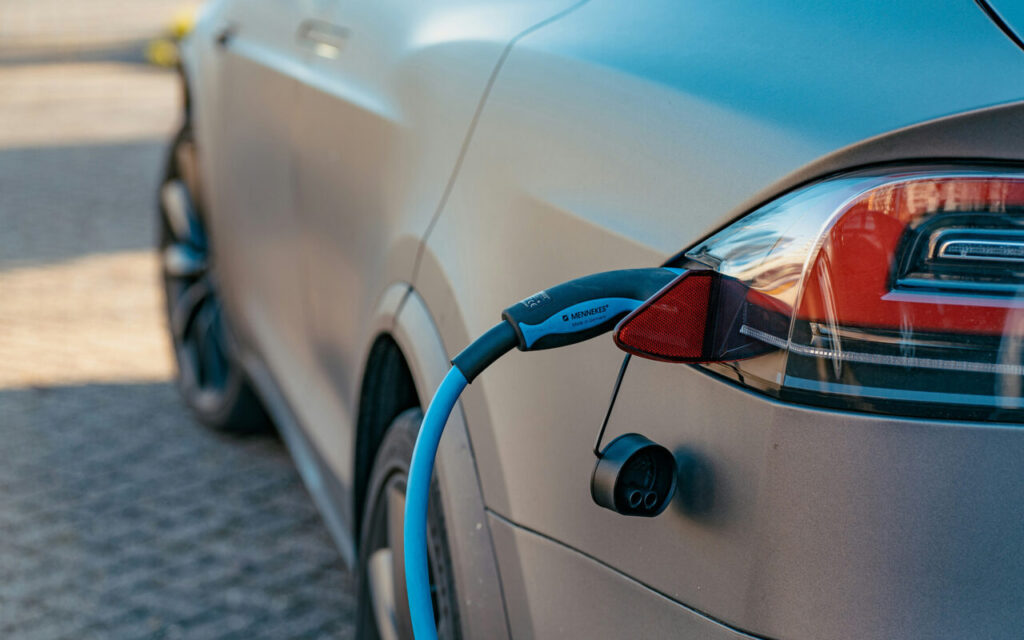An OVO survey of 4,007 respondents has revealed that 85% of the UK public are in favour of owning an electric vehicle (EV) by 2030, despite the government pushing back the ban on petrol and diesel cars to 2035.
Costs were cited as the main barrier to entry, with 62% of respondents noting affordability as their primary concern. However, the study suggests that incentives, such as free miles, could significantly boost EV adoption rates.
The delay in the ban on new petrol and diesel car sales, initially set for 2030, has caused controversy throughout the automotive industry. However, despite a number of dissenting voices concerning the environmental benefits, public sentiment towards EVs remains overwhelmingly positive. An impressive 78% of respondents cite a reduction in carbon emissions as the prime benefit of driving an electric vehicle, with a decrease in fossil fuel dependence as the next most popular reason for making the switch.
Mat Moakes, OVO’s chief commercial officer, said: “Our research shows it’s not a lack of willingness or support from consumers to move to electric vehicles. Any delay to our net zero targets risks undermining the UK’s position as a leader in the move to a climate positive world. The future is electric and we will continue to call for the country to unite and work with us on a greener future that the public can get behind.”
Based on this research, OVO is launching its OVO Beyond ‘Energy Savings Account’ which targets current petrol and diesel drivers and allows them to amass credit, which can then be converted to future EV miles.
Under the new scheme, OVO Beyond customers can bank 100 free miles a month up to 2,400 miles over 24 months, which can be redeemed when signing up to the company’s Charge Anytime tariff.
Ready to make the switch
“The UK public is clearly ready to switch to electric cars; they just need the right financial support. They want clean urban air, efficient and cheap personal transport,” said Climate Scientist, Professor Mark Maslin. “As usual, what is holding back this transition is government. Electric cars need to be more affordable and have clear lines of credit available so the public can justify buying EVs.”
The survey’s findings are supported by real-world statistics, with EVs accounting for one in four UK car sales in February this year, according to transport research company New Automotive.
The initial cost of ownership was flagged as a major concern for prospective EV owners in last year’s GridBeyond white paper. However, the report also made much of broader industry advances, such as V2X, that are likely to incentivise new EV ownership as consumers become aware of the potential savings on offer. These savings, in addition to energy tariff incentives, will undoubtedly tempt more drivers to consider EVs as a viable alternative to internal combustion engine (ICE) vehicles.






